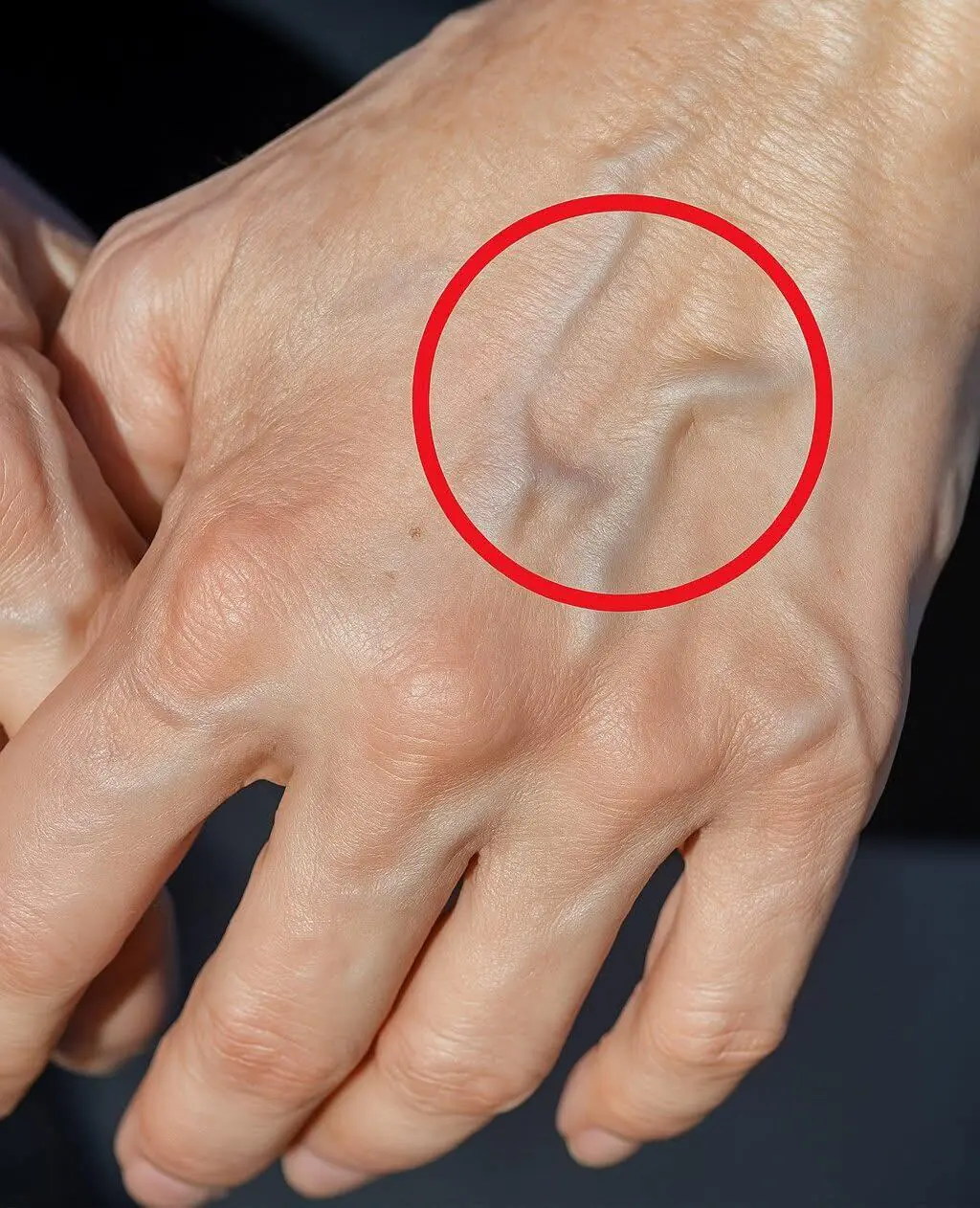
Gassier at Night? Here’s Why (and What To Do About It)
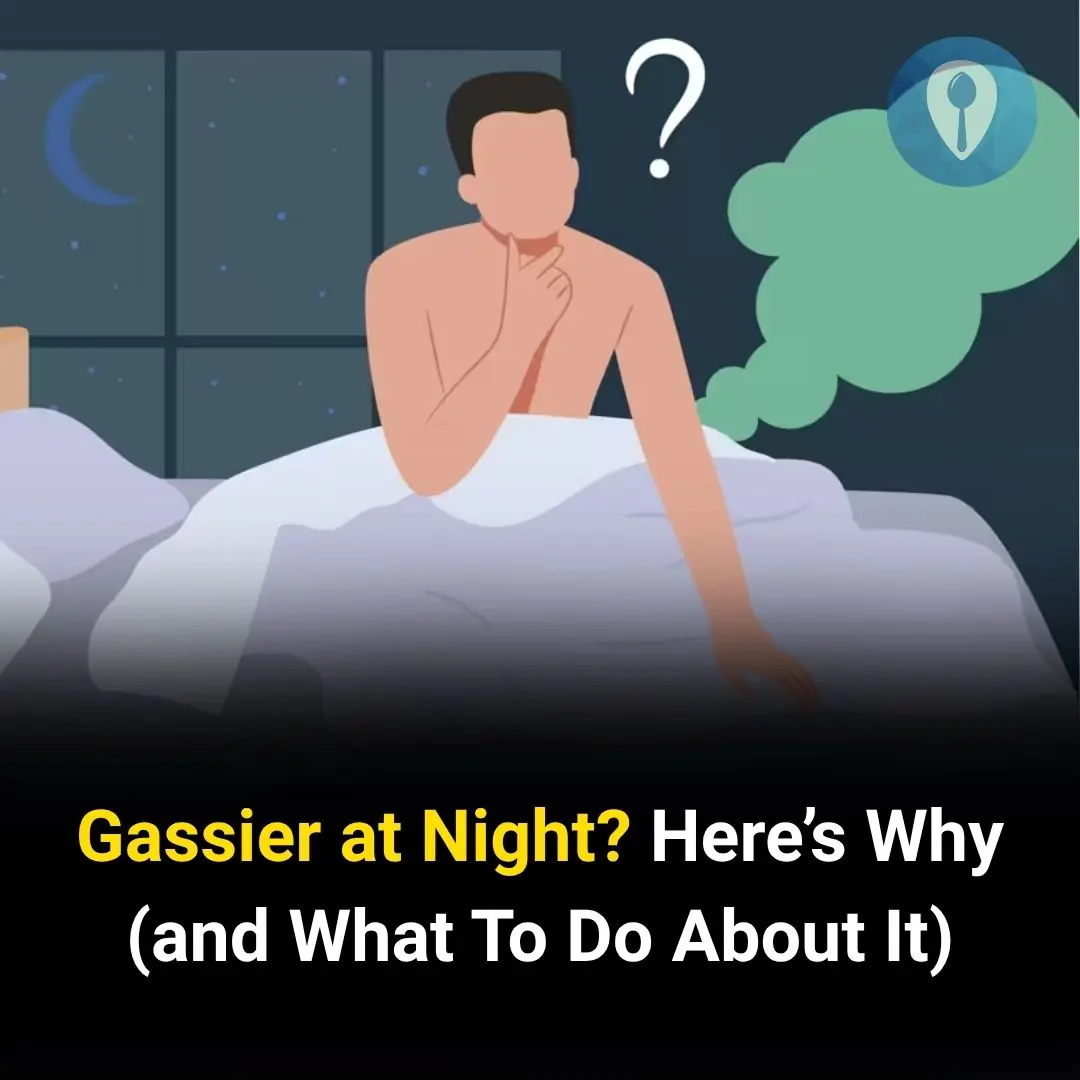
Do you ever get the impression that your body’s internal horn section plays louder (and more often) at night? If so, you’re not alone. A lot of people fart more as the day wears on, and especially after falling asleep.
No one likes sleeping in a Dutch oven. But is it avoidable?
Gastroenterologist Michael Cline, DO, explains why having gas at night is normal, how to rein it in and when it’s time to see a doctor.
Is it normal for it to happen?
Passing gas is normal at any time — and it’s equally normal to feel like you fart more at night than you do during the day. Dr. Cline says it’s got a lot to do with your activity levels.
“You have gas throughout the day. But when you’re up, moving around and busy, it moves through your gut without you feeling it that much,” he explains. “When you’re relaxing or getting ready to fall asleep, you’re going to hear and feel it more.”
That fart you’ve got in the chamber is either a byproduct of aerophagia (swallowing air) or bacterial digestion.
We swallow air all the time, doing everything from talking to sucking on hard candies. And that air has to leave eventually. “If you don’t belch it back out, it’s going to come out the other direction,” Dr. Cline says. These farts tend not to smell.
You’re more likely to clear the room when digestion is causing your flatulence. Your gut uses bacteria to break down (ferment) everything you eat and drink — and it creates gases like hydrogen, carbon dioxide and methane in the process. When that process is slower — like when you’re lying down at night — the bacteria and gas have more time to build up. And by the time you’ve shuffled off to dreamland, that gas is shuffling out of you.
Causes of nighttime gas
Being gassy at night is normal, but how much you have will vary based on factors like:
- What you eat: FODMAPs (fermentable short-chain carbohydrates) like beans and cabbage are more difficult to digest. Eating a diet that’s rich in FODMAP foods can turn you into a fart factory. The same goes for drinking carbonated beverages and chewing bubblegum.
- How much you eat: Eating too much at once can overwhelm your gastrointestinal (GI) tract. The result? Undigested food makes its way into your large intestine, feeding the bacteria that live there and creating excess gas.
- When you eat: Don’t underestimate the role gravity plays in your digestive process. When you lie down too quickly after a meal, your GI system moves more slowly and works harder to process it. That can cause gas to build up.
- How you eat: From using a straw to eating too fast, the way you eat food affects how much air comes along for the ride — and can help explain why you fart so much at night.
- Prebiotics and probiotics: If you take pre- or probiotic supplements to stay regular, you may be unknowingly increasing the bacteria levels in your gut. “Prebiotics and probiotics are fibrous,” Dr. Cline explains. “So, instead of helping you, it could be causing excessive gas.”
- Muscle relaxation: When you unwind or fall asleep, your anal sphincter relaxes slightly. That makes it easier for that one-cheek squeak to sneak by.
- Using a CPAP machine for sleep apnea: “When you’re on a CPAP, you have constant positive pressure pushing air into your body,” Dr. Cline notes. “And if it’s not coming out of your mouth, it’s going to end up in your gut.”
- Hormones: Both short- and long-term hormonal changes can do a number on your digestion. That’s right: puberty, periods, pregnancy and perimenopause are all possible culprits.
- Smoking: Add aerophagia to the long list of reasons smoking isn’t good for you.
- Other health conditions: GI issues like irritable bowel syndrome (IBS) are the most common causes of excessive nighttime gas, but the list doesn’t end there. Anxiety, thyroid and lung disorders are just a few more examples of medical issues that can lead to excess gas.
What to do about it
If you’re dealing with a straightforward case of twilight toots, you probably don’t need to see your provider. A few lifestyle adjustments will probably be enough to clear the air. Dr. Cline suggests that you:
- Make careful food choices. “You can’t be on a low FODMAP diet long-term. But keep an eye on how many fermentable carbohydrates you eat in a day,” Dr. Cline recommends. He also suggests avoiding chewing gum and drinking carbonated beverages at night.
- Eat small meals throughout the day. Not only are you less likely to swallow extra air when you eat less in a single sitting, but you’re also giving your GI tract time to properly digest. That can reduce the amount of undigested food making its way into your large intestine.
- Wait at least two hours after eating to lie down. Easier said than done for late-night snackers, we understand. But staying upright and active (after-dinner stroll, anyone?) can do wonders for your digestion.
- Consider investing in digestive enzymes. Products that make food more FODMAP-friendly — like Foodzyme®, Intolerance Complex® and Fodmate® — are available over the counter as pills or powders. Swallow them (or sprinkle them on your food) before eating for better digestion.
- Mind how you eat. “Eat slowly, don’t eat and talk at the same time, and avoid drinking out of a straw, if you can,” Dr. Cline advises.
- Treat gas before it starts. Take simethicone or an activated charcoal product before you eat. “By the time you’re gassy, the food that caused it is mostly in your colon or the middle of your small bowel,” he says. “If you take medication then, it’ll take hours to get where it needs to be.”
- Opt for chewables or liquids in a pinch. If nighttime gas sneaks up on you, chewable and liquid medications will bring relief faster than a pill. “Also move around: The combination of gravity and activity will help it get through your gut faster,” he adds.
- Protect your mental health. Stress management, mindfulness and therapy can all help calm a hypersensitive gut. But that doesn’t mean your gas is “all in your head.” As Dr. Cline puts it: “It is in your gut. But how your head behaves can really dictate how your gut feels.”
- Quit smoking. Cutting down on the amount of air you swallow is as good a reason as any to kick a smoking habit. If you’ve been unsuccessful in the past or just don’t know where to start, talk to a healthcare provider.

Final thoughts
We all have uncomfortable gassy nights from time to time. But having lots of chronic or painful gas could be a sign of an underlying health issue.
“Let your provider know if you’re bothered by excessive gas or bloating more than three days a week,” Dr. Cline advises.
He also recommends seeing a provider if you’re farting a lot and:
- Losing weight
- Vomiting
- Having diarrhea or constipation
- Experiencing stomach cramps
- Waking up at night with gas or gas pain
- Aren’t feeling hungry (or feel full too fast)
- Finding blood in the toilet
If any of these symptoms are severe, go to the emergency room. But if you’re just a person who farts a bit more than usual as the sun goes down? Well, take comfort in the knowledge that you’re not the only one having a not-so-silent night.
News in the same category


All The Things You Need to Know About Nighttime Urination And When To Start Worrying
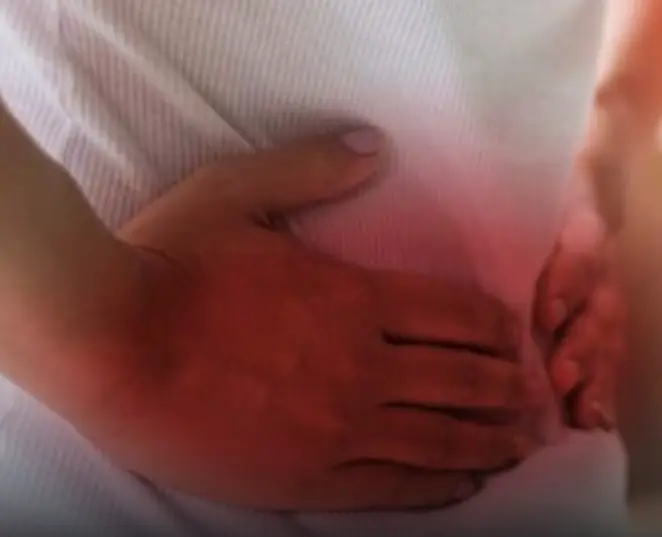
Umbilical Hernia: Causes, Symptoms and Treatment
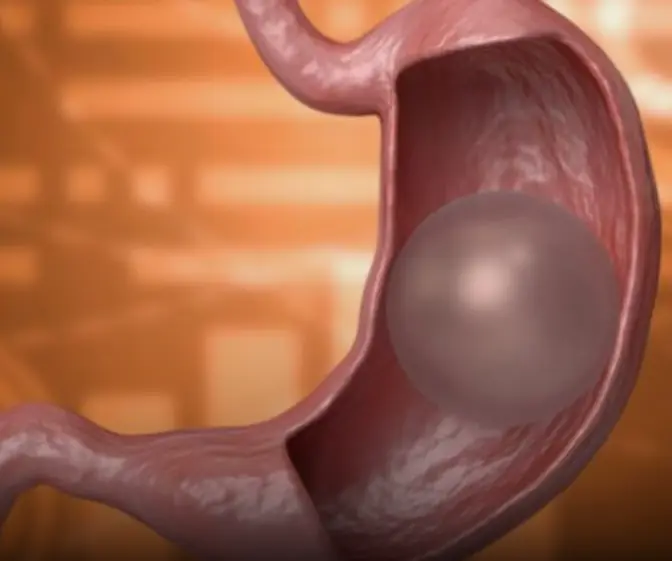
What happens if the gastric balloon bur.sts?
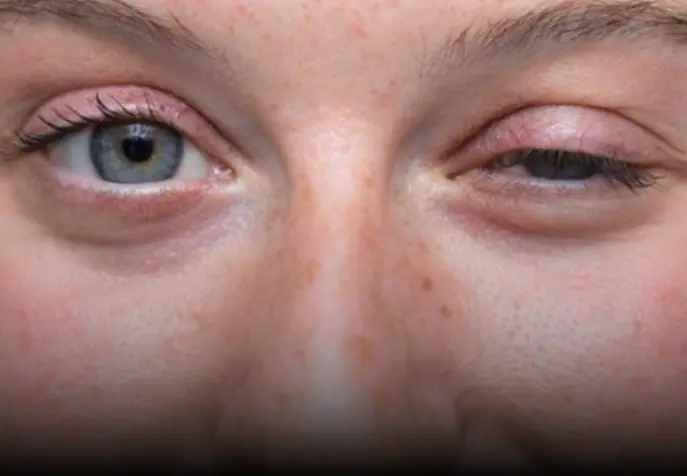
What is myasthenia gravis and what are its symptoms?

Eating chicken eggs is harmful to these 5 groups of people

WARNING: These 3 signs on the shoulder are signs of malig:nant tum:ors, even can:cer, do not ignore them

4 Vegetables Easily “Treated” with Chemicals

The Part of the Pig Often Dismissed as “Dirty” and Thrown Away: Turns Out It’s a “Miracle Food” with 10 Times More Iron Than Meat

An 8-Year-Old Girl Complained of “Sto.mach Pain” Every Friday Afternoon

Eating Eggs Can Be Harmful for These 5 Groups of People: Better Stay Away!
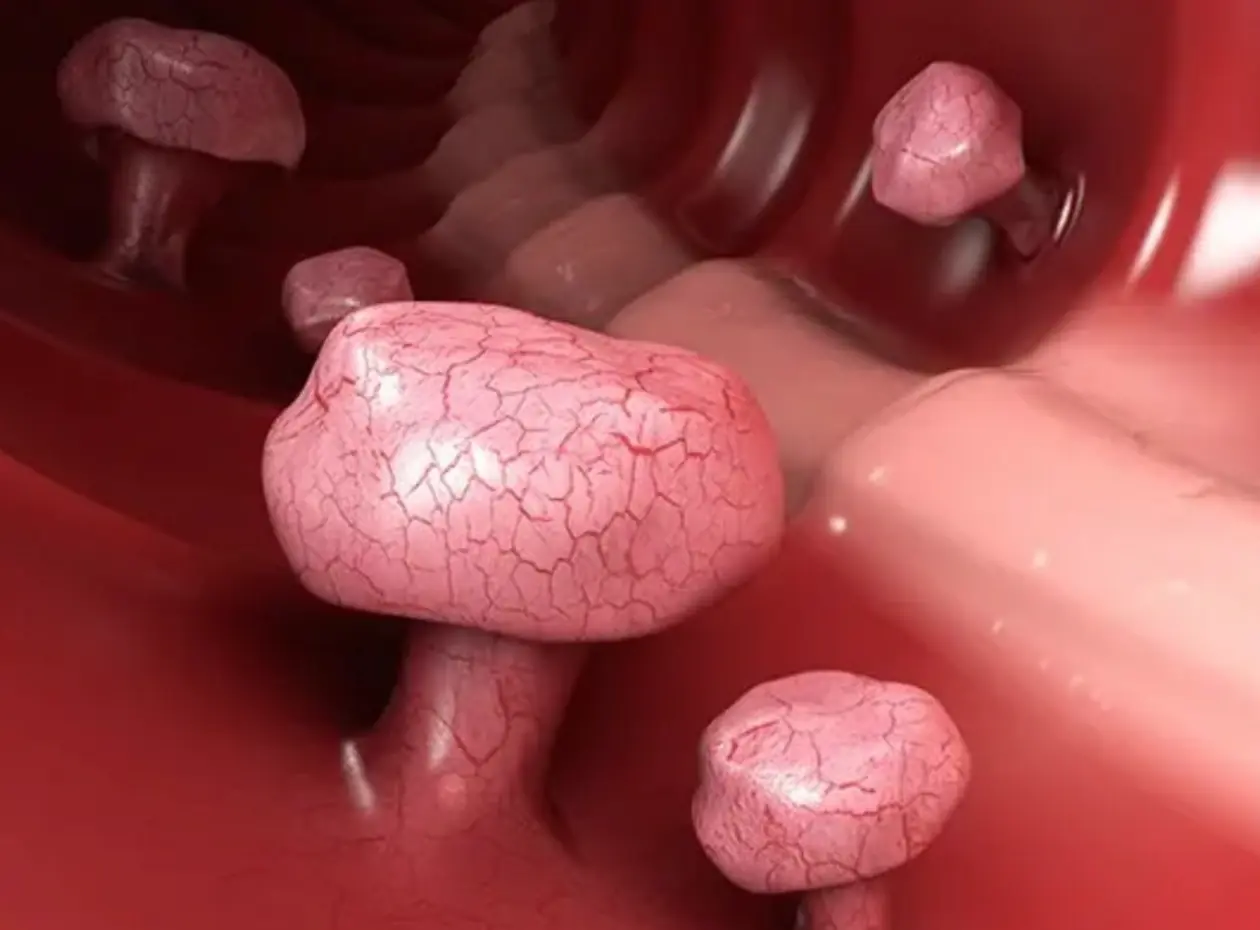
Early detection colon polyps: The key to effective can.cer prevention

Think it’s harmless? The risks of wearing bras to sleep might surprise you

What dise:ase is gr.oin pa.in a symptom of?
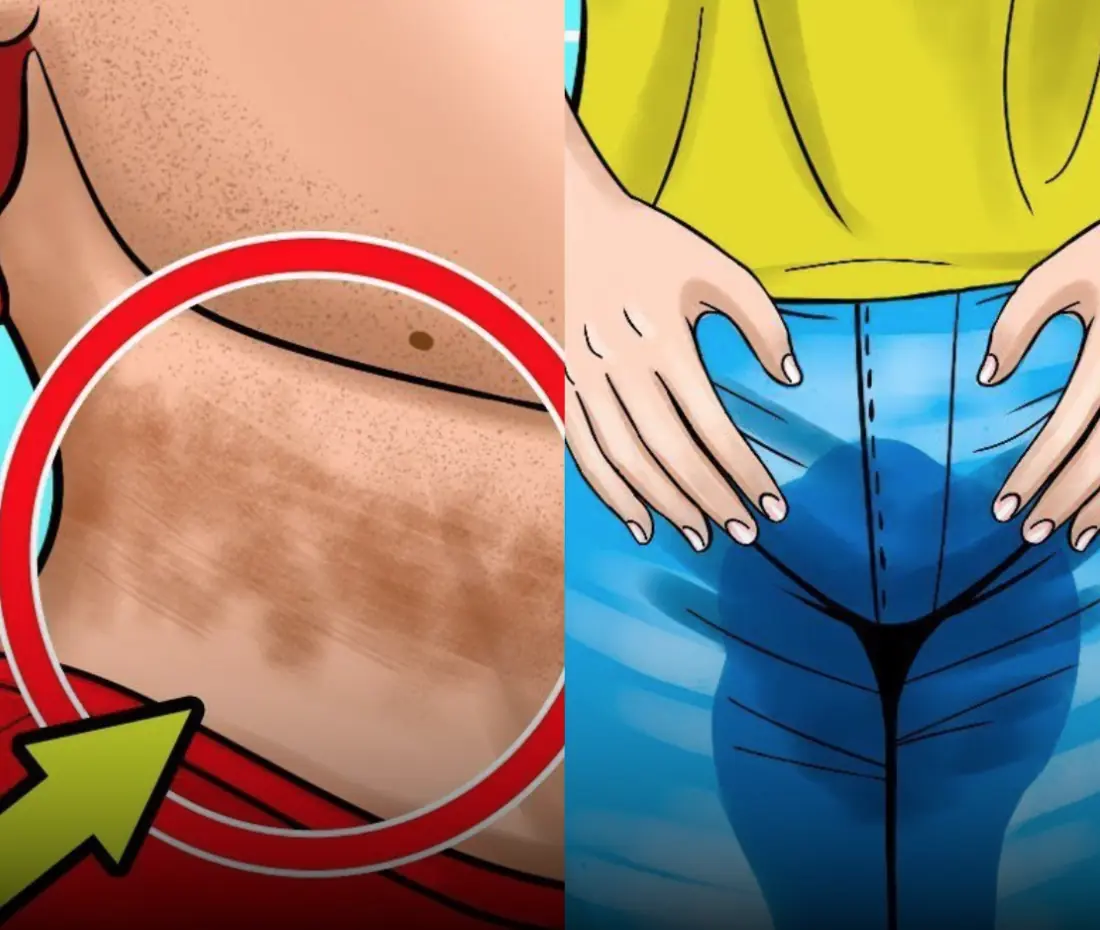
These 10 symptoms indicate latent diabetes

What sleeping on the left side does for our brain, stomach and lymphatic health

Eating yogurt with these 5 mistakes can bring more dis.eases into your body
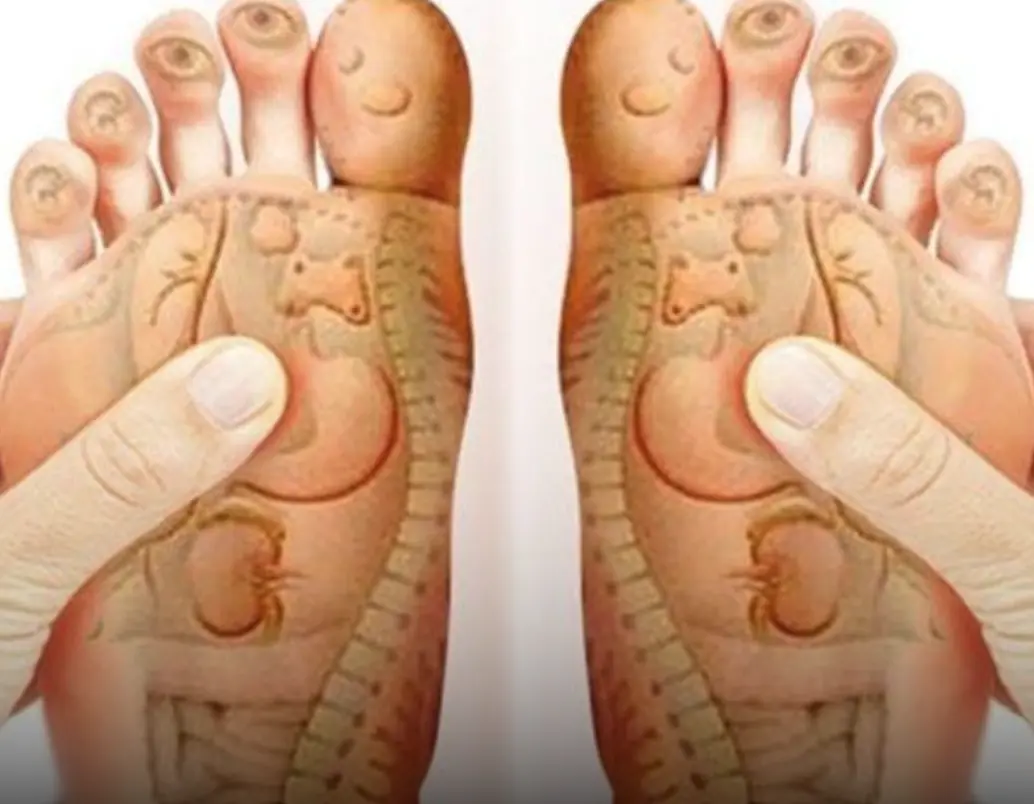
8 foot massage points that help relieve issues
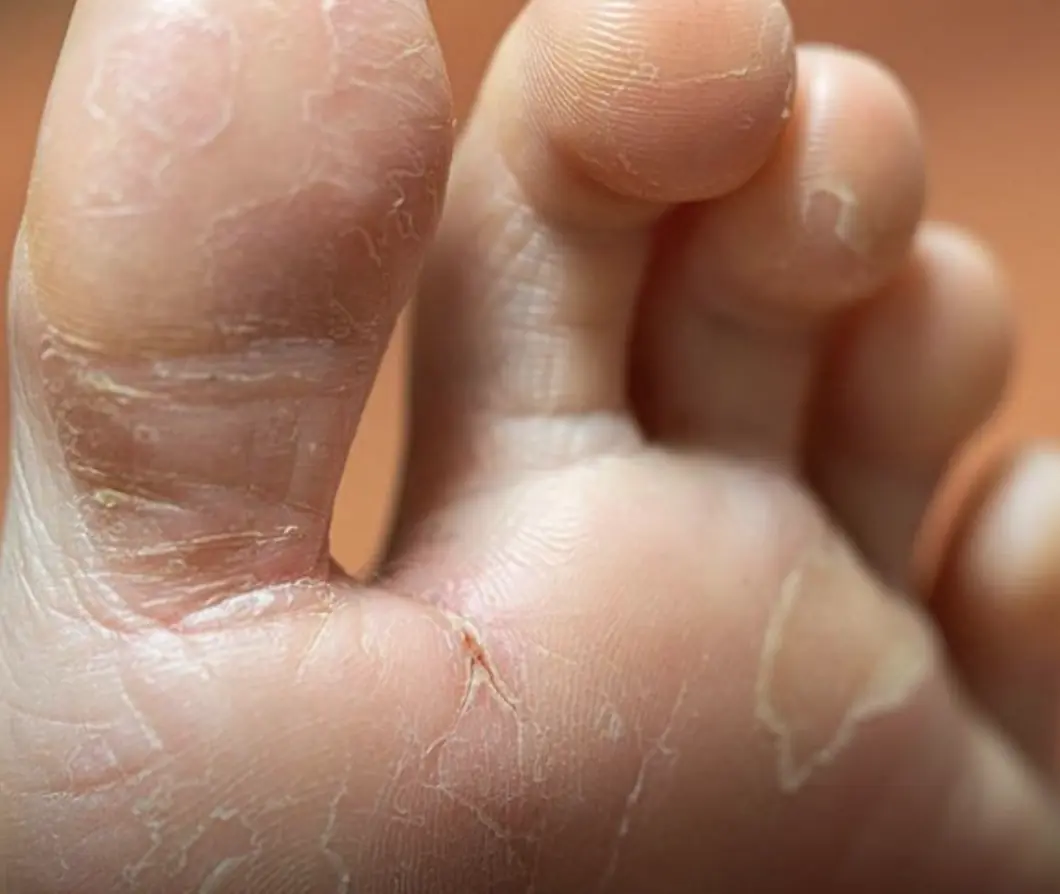
7 subtle symptoms that could signal serious health problems
News Post

If Veins Suddenly Pop Out on Your Hands

All The Things You Need to Know About Nighttime Urination And When To Start Worrying
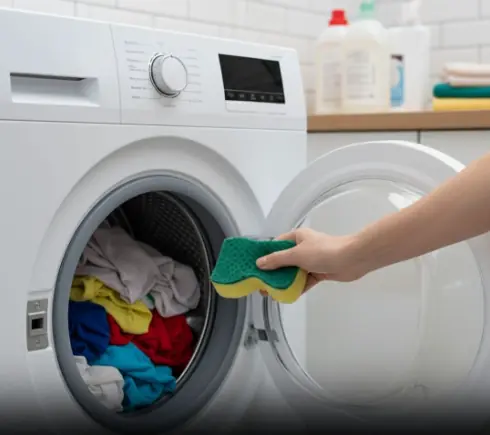
Don’t Throw Out Old Dish Sponges

When buying watermelon, don't choose a big one.
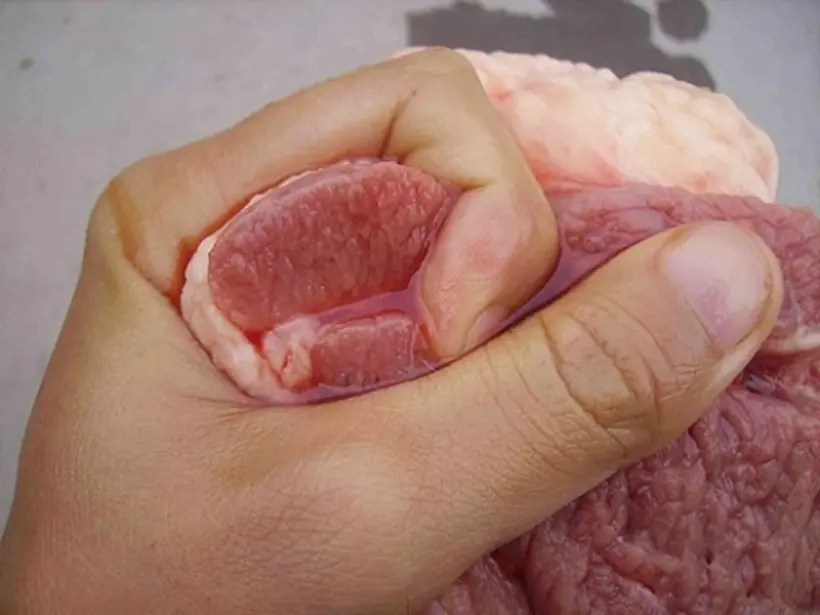
If You See Pork with These 4 Signs at the Market, Don’t Buy It No Matter How Cheap

Why Does Fish Often Smell Fishy? The Real Reason Many People Don’t Know

Ever noticed a greenish ring around an egg yolk? The explanation might surprise you...

Umbilical Hernia: Causes, Symptoms and Treatment

What happens if the gastric balloon bur.sts?

99% of people will throw away these 6 fruit peels when eating, but will regret it when they know their benefits

Top 2 types of seafood at the top of the list of microplastic contamination, but people still eat them every day

What is myasthenia gravis and what are its symptoms?

Eating chicken eggs is harmful to these 5 groups of people

WARNING: These 3 signs on the shoulder are signs of malig:nant tum:ors, even can:cer, do not ignore them

4 Vegetables Easily “Treated” with Chemicals

The Part of the Pig Often Dismissed as “Dirty” and Thrown Away: Turns Out It’s a “Miracle Food” with 10 Times More Iron Than Meat

An 8-Year-Old Girl Complained of “Sto.mach Pain” Every Friday Afternoon

Eating Eggs Can Be Harmful for These 5 Groups of People: Better Stay Away!
